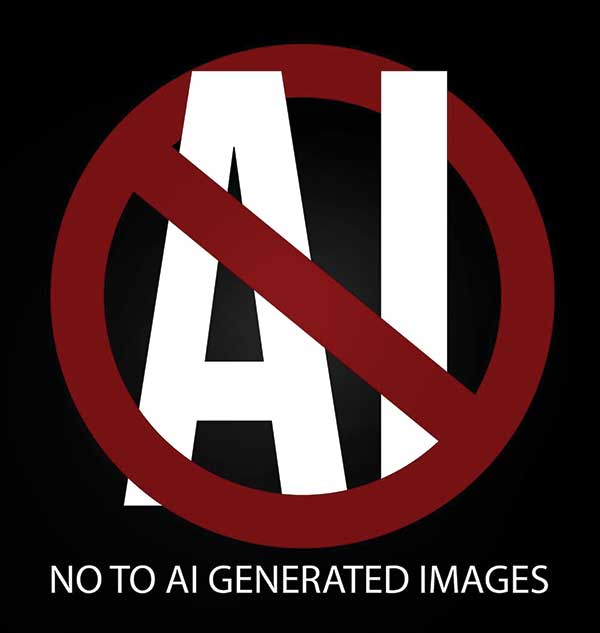When it comes to AI, my brain first goes to AI art. Then it goes to “God, I hate AI.”. As someone who has drawn for well over 14+ years, the idea of someone generating some half-baked dinosaur with arms that look just a little too uncanny valley and making millions off of it rubs me the wrong way. Now, I have to worry about AI coming for writing too? No thanks. 
Thinking about using AI in a classroom setting makes my stomach churn. Sure, I’ll listen to people debate between the concept of whether or not they think it helps or harms people, especially students, but I am of the stark opinion that AI only hurts. What benefits can it provide, if it cuts out the middle man of doing research and actually putting your own heart into the work that is produced at the finish line?
In Text Generators in Technical Communication; Summarizing Technical Documents by Douglas Eyman, the usage of AI is introduced by creating a formal assignment where students are to research AI, what it can do, the context of which it can do it in, and give a final report on technical writing genres and how AI can effect them. While an interesting case study, this seems to forgo the concept of actually using AI to write a formally assigned document.”The assignment also requires students to engage in a formal research process, which provides context for the formal research report and the final memorandum (thus providing additional practice generating technical writing genres).” They are not graded upon what the AI prints out to them, but rather, they are graded based upon what research they come up with surrounding AI and it’s benefits. Is that really a good testament to what AI does in the classroom? In the end, it’s opinionated, and depends on person to person, but still, it begs the question; does this cast study really address AI framework, or does it teach students how to get away with using AI?
In An Introduction to Teaching with Text Generation Technologies by Tim Laquintano, Carly Schnitzler, and Annette Vee, there is more of a focus on the comfort level of AI, with the concept of introducing it in different forms or variations, but emphasis on the importance of learning more about AI and where it stands in terms of education now, and in the near future. The article makes a statement- “The AI literacy grouping helps students to develop a crucial suite of critical thinking skills needed to work with emerging technologies: functional awareness, skepticism about claims, and critical evaluation of outputs.”, and surprisingly, I can agree. I think emerging technologies should be addressed and focused on in a classroom setting. However, I do not feel like AI is one of them. If a company you choose to work at in the future uses AI, great! Good for them! But learning and understanding how to, “cheat the system” so to speak, in undergrad, sets students up for failure in the future. There is an underlying fear of them becoming too reliant on AI, and stressing the importance of using machine to do their work for them, which, even the best student will have a crunch day and be spurred to use AI for evil. There is a time and a place, and I’m not sure the classroom is that place.
Learning about AI is one thing. Am I a fan of that?
No.
But do I need to be?
Also no. If it comes down to it, I will do every reading and learn what I need to about AI to stay up to date with technology, especially as a teacher, where technology has become the forefront of education. But I think using and implementing it in a classroom can be self destructive, in a sense. There is a difference between AI programs like Grammarly vs ChatGPT. Grammarly is meant to indulge fast writers or people who may be nerodivergent; it exists to be a helping hand, or a stepping stone, rather than a car to carry us over the hiking trails that writing can be. ChatGPT, however, sucks the soul out of writing.
Now, don’t get me wrong, I know that not everyone is talking about using ChatGPT when they talk about AI. But it’s that worry that people will forget that what makes writing so … universally loved, is the humanity of it all. It’s human to make mistakes, and to have opinions, and to let those opinions shines through your work. No machine can recreate that.

Hi Rhyan, you make a lot of interesting points here. I like how you make some differing viewpoints from mine, but we both agree on learning AI for the sake of not falling behind it. I do have a question since we have different stances on it. Do you think it is self-destructive to not teach AI to students, as it could cause them to not see the limitations? I’d love to hear your thoughts on this.
As someone with a fundamentally oppositional viewpoint, I agree that the loss of the humanity behind the art (or writing) is a very real outcome that should concern us all. I am pro-AI tool use, but I think humans should desperately cling to the idea that our humanity should ‘shine’ through our work.
couldn’t agree more. those who create visual art will always look on ai distastefully because it spits in the face in our craft. yes, ai is not going away any time soon. we can’t afford to be naive, but we can also refuse to be complicit in normalizing it.
*of our craft not in our craft.